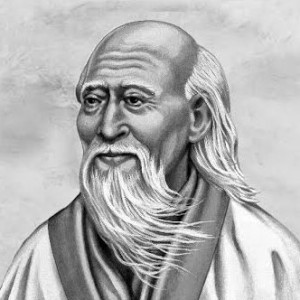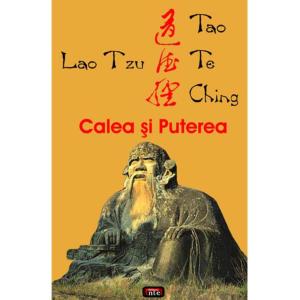✍️ Who’s Behind the Words?
Laozi (Lao Tzu)'s dedicated Booksy pageOfficial website:
none
Wikipedia:
Laozi (Lao Tzu)
Instagram:
none
Facebook:
none
Youtube:
none
Booksy Activity:
Added: @costin (Oct 19, 2024)
Approved: @costin (Oct 19, 2024)
Last Edit: never
Highest Rated Vibe 💯
Most rated book of Laozi (Lao Tzu) on Booksy CafeTao Te Ching – Calea și Puterea
Author: Laozi (Lao Tzu)
(1 ratings)
Cartea „Tao Te Ching. Calea și Puterea” de Lao Tzu este un text clasic al filozofiei chineze, considerat esențial pentru înțelegerea Taoismului. Lu...


